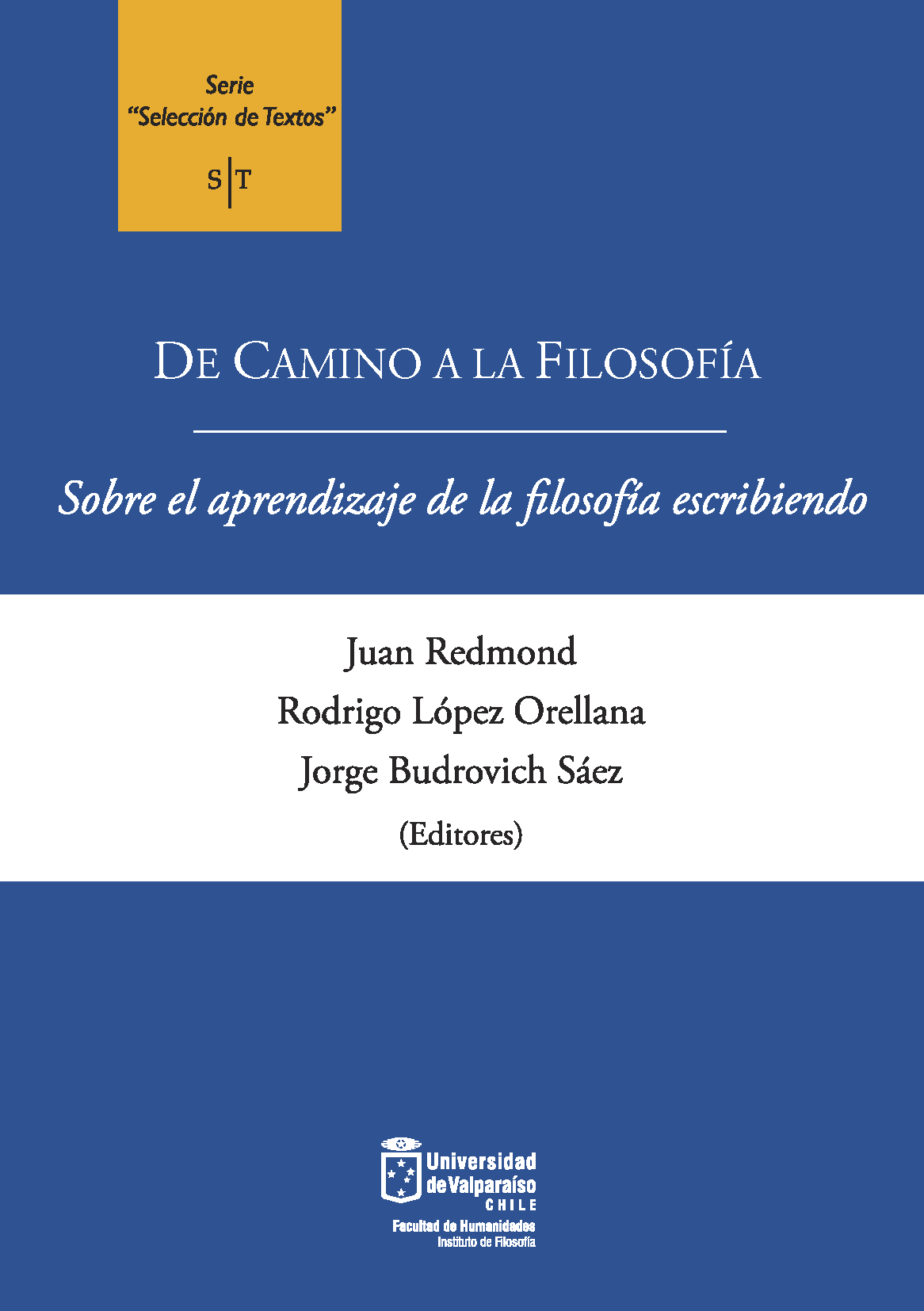La ética y el caos
DOI:
https://doi.org/10.22370/sst.2016.6.5013Keywords:
Philosophy, Ethics, Complexity Theory, Paradigm of SimplicityAbstract
This article is oriented towards the favourable argumentation of the existence of a relationship between Ethics and Chaos. We will achieve this objective by showing that in its conceptual development, each used term implies one another in some way. The relationship between Chaos, Complexity and Chaos Theory with Ethics is considered essential to understand human beings in their common existence with others. This means, as human beings are complex and chaotic beings, these concepts are inherent to common life, and they are not always considered when new Ethic Systems are proposed.
Downloads
References
Balandier, Georges (2003). El desorden. Barcelona: Editorial Gedisa.
Deleuze, Guilles (2009). ¿Qué es la flosofía? Barceloma: Editorial Anagrama.
DeSCarteS, René (2006). Discurso del método. Buenos Aires: Editorial Aguilar.
Freire, Paulo (1997). Política y educación. Ciudad de México: Editorial Siglo XXI.
Freud, Sigmund (2013). El malestar en la cultura. Madrid: Editorial Alianza.
HaberMaS, Jürgen (2007). «Ética discursiva». En Doce textos fundamentales de la ética del siglo XX (Antología por Carlos Gómez). Madrid: Editorial Alianza. Págs.174-184.
HobbeS, Thomas (2014). Leviatán. Ciudad de México: Fondo de Cultura Económica.
Kant, Immanuel (2013). Fundamentación de la metafísica de las costumbres. Ciudad de México: Editorial Porrúa.
Morin, Edgar (1998). Introducción al pensamiento complejo. Barcelona: Editorial Gedisa, Barcelona.
NietzSCHe, Friedrich (1996). Sobre verdad y mentira en sentido extramoral. Madrid: Editorial Tecnos.
NietzSCHe, Friedrich (2005). Genealogía de la moral. Madrid: Editorial Alianza.
Downloads
Published
How to Cite
Issue
Section
License

This work is licensed under a Creative Commons Attribution-NonCommercial-NoDerivatives 4.0 International License.

